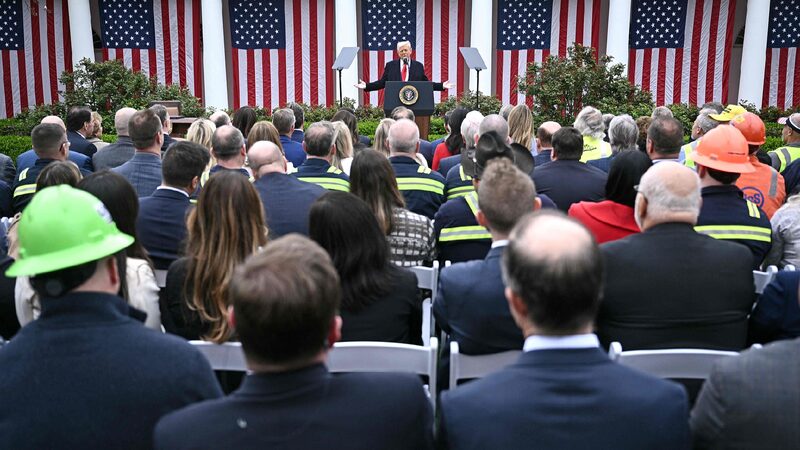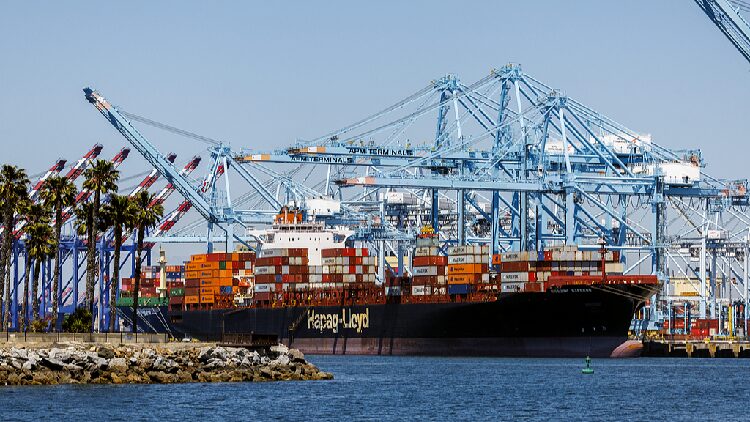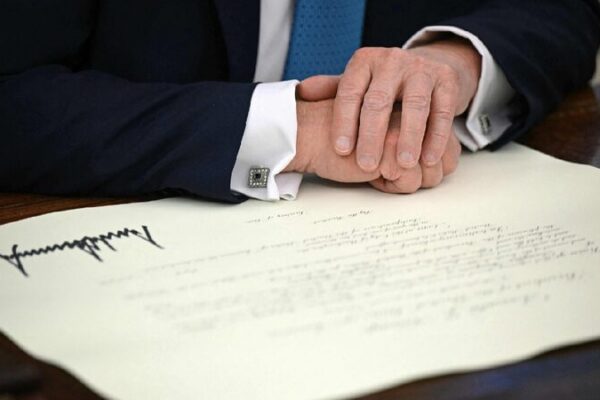Global reactions are pouring in as U.S. President Donald Trump implements sweeping tariffs that many fear could ignite trade wars and impact economies worldwide.
Thomas Friedman, a renowned columnist and three-time Pulitzer Prize winner, voiced his concerns about the tariffs’ impact on global trade relationships. He emphasized the importance of fostering a mutually beneficial relationship between the United States and the Chinese mainland, suggesting that protectionist policies may not revive domestic manufacturing as intended.
Friedman highlighted that modern products rely on complex global supply chains, and attempting to produce everything domestically could disrupt the balance of quality and affordability consumers expect.
In a similar vein, The Economist drew parallels between Trump’s tariffs and the protectionist policies of the late 19th century. The publication warned that such drastic measures could reverse decades of progress in establishing free global trade, potentially dismantling the economic framework built after World War II.
Experts from the Cato Institute, a policy research organization, cautioned that increasing tariffs might evoke consequences similar to those following the Smoot-Hawley Tariff Act of 1930, which is believed to have deepened the Great Depression by sparking global trade conflicts.
U.S. Representative Suzan DelBene expressed concerns over the absence of legislative oversight in enacting these tariffs. She suggested that these measures could lead to higher costs for American families and criticized the unilateral approach taken without Congressional approval.
A recent Reuters/Ipsos poll indicated a decline in President Trump’s approval ratings, falling to 43 percent. The survey revealed that over half of the respondents believe the new tariffs could negatively affect them or those close to them, while many agreed that such policies might cause more harm than good.
As the global community watches closely, the long-term effects of these tariffs remain uncertain. Many experts agree that cooperation and open dialogue are essential in navigating the complexities of international trade to avoid detrimental outcomes for all parties involved.
Reference(s):
U.S. trade policies 'back to late 1800s': Media on Trump's tariffs
cgtn.com








